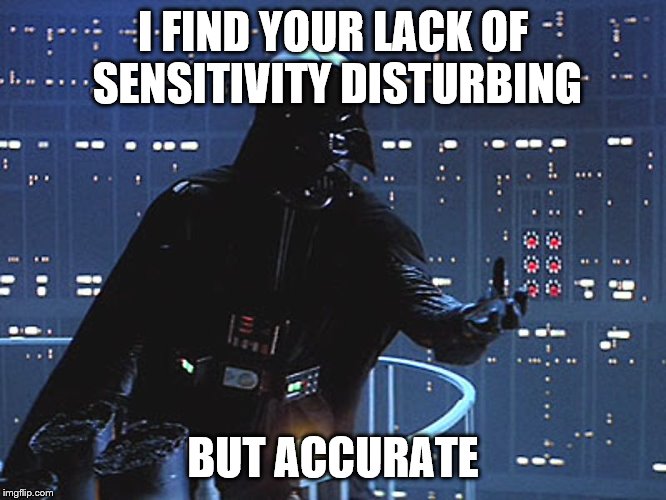
Activist communications platforms like TXTmob (a message alert system for protests), he says, were “a major precursor to what has become social media…” That said, Henshaw-Plath reckons that many of Twitter’s antecedents come from the activist space. To transform the world and the way we make social change.” “It let people share ideas and memes and share photos and share videos and shape the media and shape their own narrative. “Very few actual protests are co-ordinated on Twitter but the public sphere and the personal feeling about them is completely driven by it,” he says. “The project which I told my friends I was selling out to work at - the startup - had a larger effect on transforming the media,” he says. That contract was for Twitter and, according to Henshaw-Plath, the social network did more to disrupt mainstream media than any of the activist projects he was previously involved in. Read more: 4 ways big tech companies helped out during the Paris attacks

And I was like: ‘I’m all for trying to democratise the media I’ll do this.'” “I was a broke activist travelling around, living in a Volkswagen bus that I bought for US$200 and I saw this contract on Craigslist of… a company trying to create a new media of communication.

He describes himself as “a hacker, a trouble-maker, and an activist,” not to mention a “non-ideological anarchist.”īefore co-creating Twitter, he spent five years setting up computer labs and websites for anti-globalisation groups. The Twitter co-creator now lives mostly off the grid, partly in a house in Portland and partly in a house in the woods made from recycled paper.


 0 kommentar(er)
0 kommentar(er)
